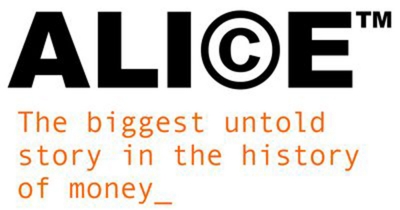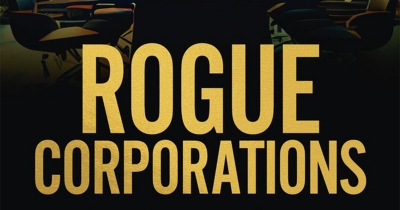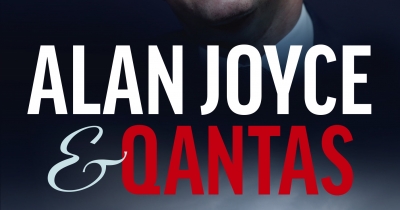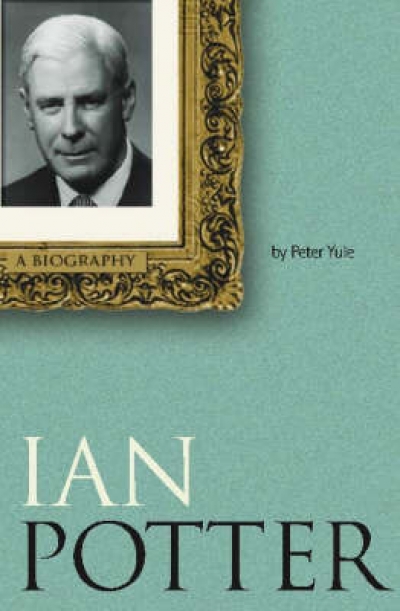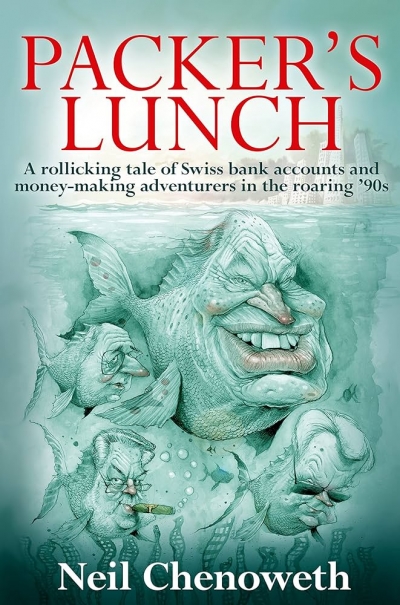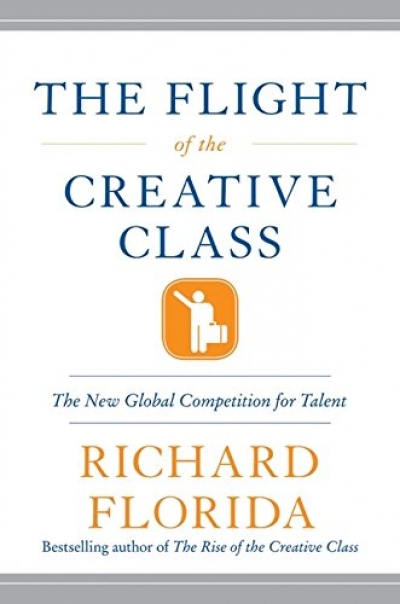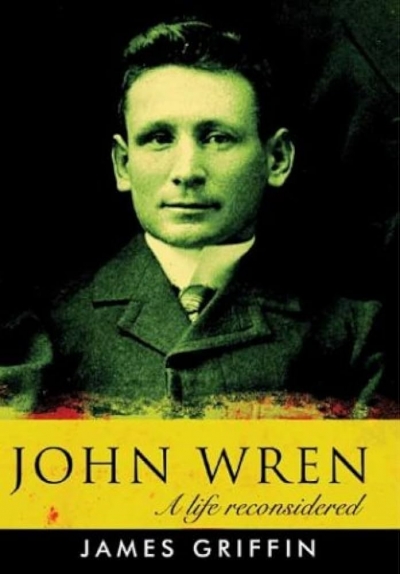Business
Working for the Brand: How corporations are destroying free speech by Josh Bornstein
Would it all have turned out differently had InterActiveCorp stared down the online mob? In December 2013, a public relations executive with the company, Justine Sacco, posted a joke on social media, satirising American insularity and racism. Sacco was about to board a flight to South Africa, from where her anti-apartheid family had emigrated, when she tweeted: ‘Going to Africa. Hope I don’t get Aids. Just kidding, I’m white.’ While Sacco was in the air and offline, her tweet went viral. A social media mob condemned her as a racist, established that she worked at InterActiveCorp, and pressured the company to sack her. ‘We are about to watch this @JustineSacco bitch get fired. In REAL time,’ posted one of her critics. The company duly sacked her.
... (read more)



